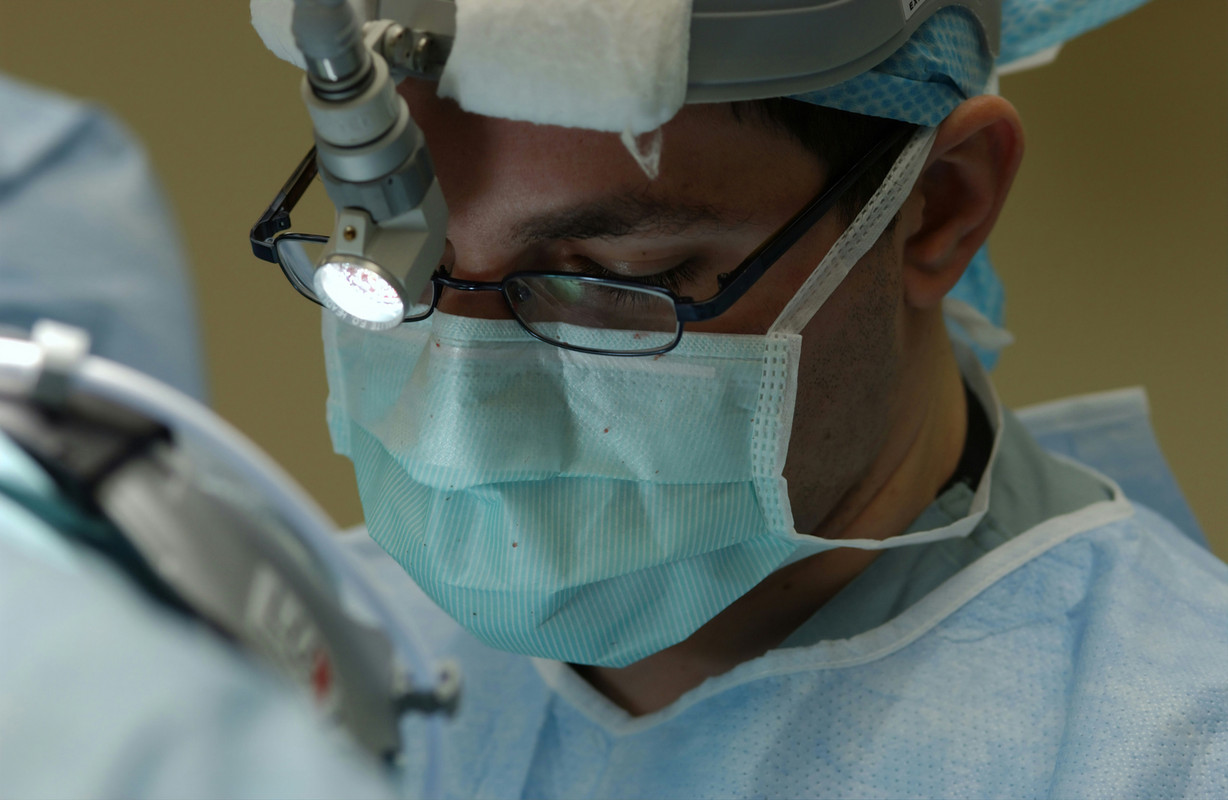Why Routine Eye Exams Are Essential for Long-Term Vision Health
Why Routine Eye Exams Are Essential for Long-Term Vision Health
Blog Article

Early Detection Prevents Vision Loss
Major eye diseases like retinal disorders and optic nerve diseases often develop without warning signs. By the time clear vision problems manifest, considerable damage could already be present. Regular checkups allow ophthalmologists to detect potential issues and implement necessary interventions before permanent vision loss takes place.Your Eyes Reflect Your Overall Health
Are you aware that many underlying medical issues, such as high blood pressure and blood sugar disorders, manifest symptoms in the eyes earlier than affecting other parts of the system? An extensive eye checkup might uncover underlying health issues, enabling early intervention before they worsen.Ensuring Your Prescription is Up-to-Date
With the rise of digital device exposure, many individuals suffer from eye strain, headaches, and blurred vision. Regular vision tests ensure that corrective lenses is up-to-date, minimizing strain and improving productivity. Additionally, optometrists can suggest blue light filters or other solutions to combat screen-induced discomfort.Aging and Eye Health
As we age, our vision undergo inevitable transformations that can lead to conditions like presbyopia (difficulty focusing on close objects) and cloudy lens formation. Regular eye exams help eye doctors to track these changes and recommend corrective procedures if necessary. Modern treatments, such as Laser eye surgery, provide permanent fixes for aging eyes.Making routine eye checkups a priority will be an investment towards long-term vision health. Rather than delaying for symptoms to appear, adopting proactive measures today helps maintain healthy vision well into the future. Report this page